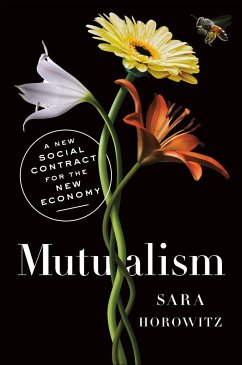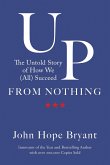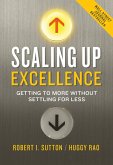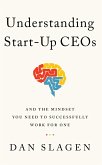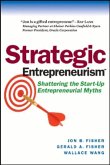A profound look at the new reality of work, the collapse of the safety net, and a vision for a better way forward rooted in America's cooperative spirit--from the game-changing founder of the Freelancers Union and chair of the New York Federal Reserve The progressive twentieth century changed every facet of life for American workers--from how much life you could expect to have, to what you had the right to demand of it. But by 2027, a majority of American workers will go to work every day as a part of the gig economy, and without the traditional employer-sponsored safety net that baby boomers took for granted. And within a decade, a majority of Americans won't even be traditional employees. A new generation of workers--from low-wage service workers to white-collar freelancers--faces a landscape in which basic benefits like paid sick leave, pensions or 401Ks, disability benefits, or employer-sponsored healthcare are things of the past. Given these facts, America is either headed for an unprecedented social crisis, or a golden age of cooperative innovation. In the absence of government action, MacArthur Genius and longtime organizer Sara Horowitz has redefined the stakes of today's labor crisis, showing that the remedy to this shift in the way we work lies in a cooperative model rooted in the American experience. From the movement for women's suffrage to the civil rights movement to your local food co-op, these cooperative endeavors--which Horowitz calls "mutualist" movements--didn't exist to make a profit, but were rather economic engines for the social good, and were founded on a simple premise: People can join together to solve their own problems, even the most intractable ones. They don't necessarily need government, or private business, to do it for them. In Mutualism, Horowitz shows how this approach will be the framework on which the future safety net for American workers will rest. Horowitz demonstrates how mutualist structures are already helping us solve common problems--and where else they could be--by revisiting the little known origins of many household names, like Land O' Lakes, Ace Hardware, and REI to show how cooperatives are quietly driving rural and urban economies alike all over the world. Call it good business, call it good citizenship--Sara Horowitz calls it Mutualism: an elegant solution to the current crisis of work, and a manifesto for a culture of collaborative cooperation.

